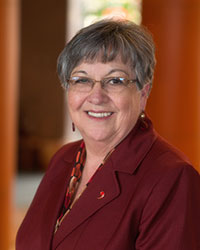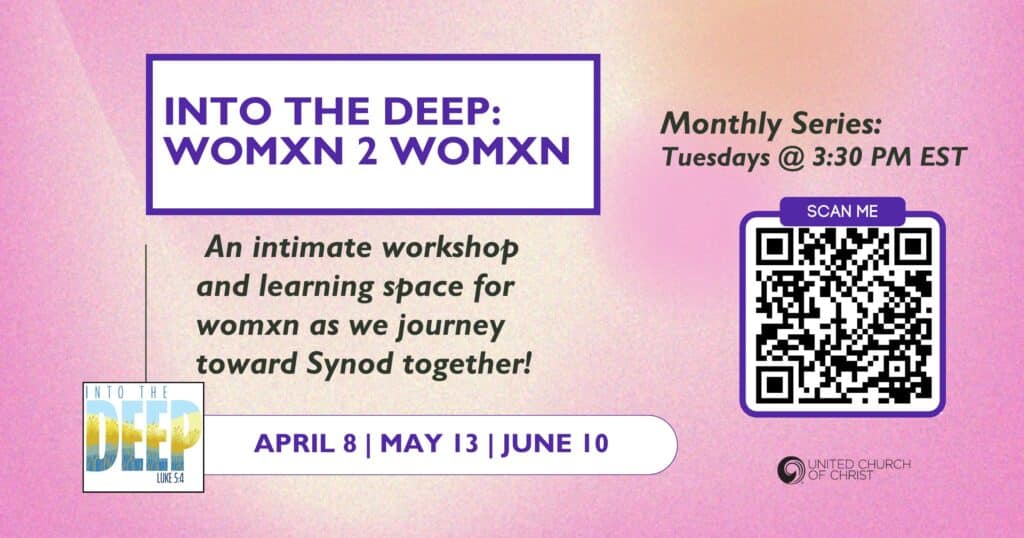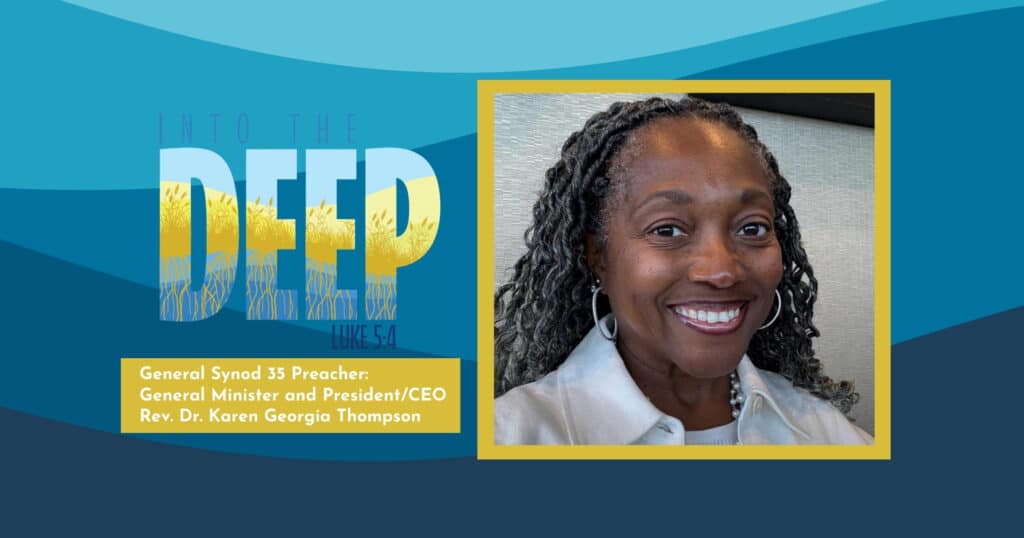Commentary: Every month matters
 Black History Month has historically been observed in February each year. It is meant to honor and recognize the incredible courage and witness of African-American heroes and sheroes who have shaped our communities, our churches, and our nation. I am continually in awe of those who have made a difference in my life throughout the years. I am privileged to work with such folks every day, but will not call them out by name without their permission. It is important to set aside a special time of the year for this purpose, but it is time to proclaim that every month matters!
Black History Month has historically been observed in February each year. It is meant to honor and recognize the incredible courage and witness of African-American heroes and sheroes who have shaped our communities, our churches, and our nation. I am continually in awe of those who have made a difference in my life throughout the years. I am privileged to work with such folks every day, but will not call them out by name without their permission. It is important to set aside a special time of the year for this purpose, but it is time to proclaim that every month matters!
As we celebrate, we must also recognize that many issues still permeate our society because of institutionalized racism that is often not known, understood, nor acknowledged. In the past year, we have been painfully exposed to the truth about racism in our nation. Racism that plays itself out in a health care system that responds to those who are insured or those who have the money to pay their way. Racism that plays itself out in crisis and violence that should never happen between communities and the police. Racism that is evidenced in a mass incarceration system that results in a gross overrepresentation of black and brown men behind bars. Racism that denies equal access to money, from checking accounts to mortgage loans.
While there are many reasons for this inequality, I want to focus on the issue of literacy. The fact that we face such a serious problem with illiteracy, also labeled low literacy, calls us to address the issue as an urgent matter. The impact of illiteracy is broad, intersectional and complicated because it proportionally affects more people who are poor and people of color. As a complicated and broad social justice issue, literacy impacts other issues, including economic justice, gender inequality, criminal justice, public education, and racial justice. The ability to read touches every facet of life, from our faith to our health.
The United Church of Christ has a long commitment to public education and to education in general. Reading Changes Lives is an all-church initiative launched in September 2014 by the UCC to raise awareness of the literacy crisis nationwide and the wide-reaching impact that the ability to read has on the quality of our lives. Reading Changes Lives proclaims that literacy is a basic human right. Churches and communities are actively leading the effort to help children and adults read. Reading Changes Lives is intended to build upon these efforts and launch an aggressive literacy campaign to address the looming disparity affecting those who are overlooked because of race and economic marginalization.
February is a special month of the year that reminds us that it is time for reparations, reconciliation, and renewal. There can be no more important reparation at this time than to work toward the restoration of our zeal for education as a church and as a nation. Just as #BlackLivesMatter — every month matters! Join us in the effort to raise literacy levels.
M. Linda Jaramillo is a National Officer of the United Church of Christ.
View this and other columns on the UCC’s Witness for Justice page.
Donate to support Justice and Witness Ministries.
Click here to download the bulletin insert.
Related News
2025 Climate Hope Art Contest award winners plant seeds of hope
The celebration of the 2025 Climate Hope Art Contest for children and youth of the United...
Read More‘Not your typical webinar’: Womxn 2 Womxn series aims to foster community
As the church works towards gathering this summer at General Synod 35 in Kansas City,...
Read MoreThompson to bring a ‘prophetic and pastoral’ message to Synod: ‘We are not all the same, but still one body’
On Sunday, July 13, the Rev. Dr. Karen Georgia Thompson will take the stage at the 35th...
Read More




